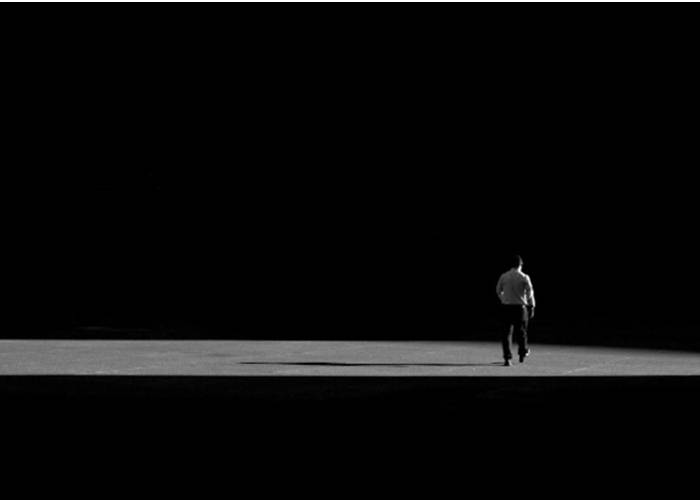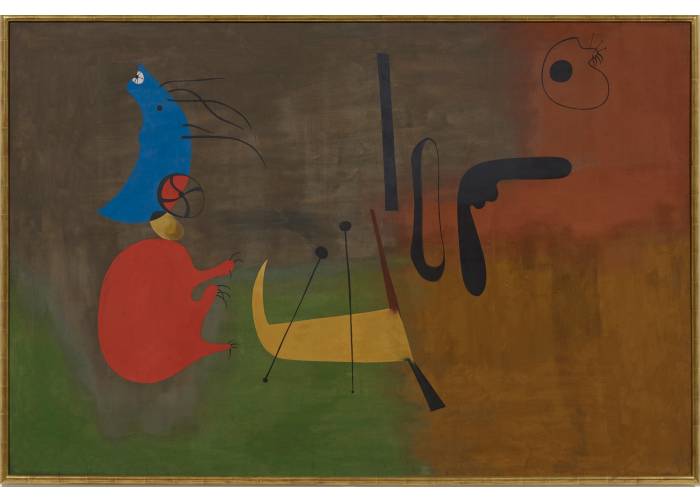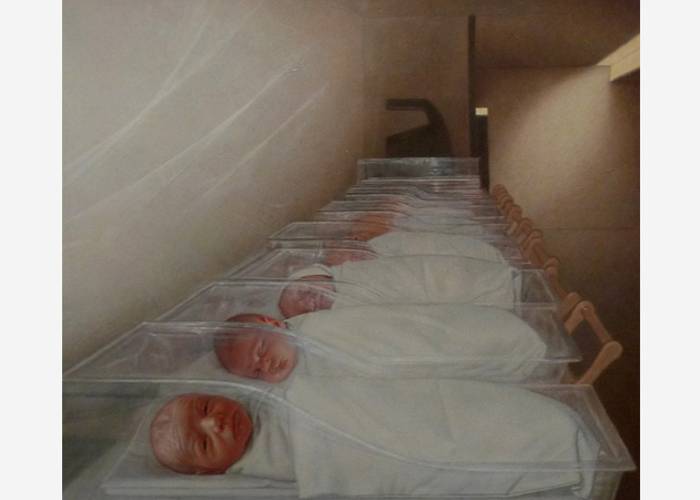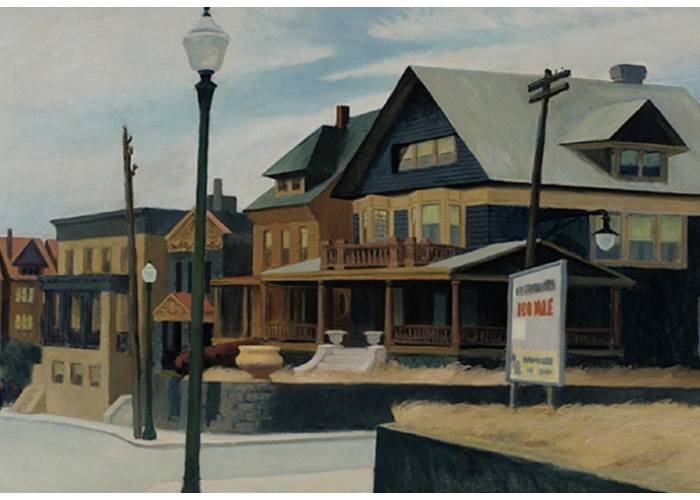Writings contain HUMILTY, that is, self-knowledge.
— Alexander Kluge
I do not need to make phrases. I write to bring certain circumstances to light. Beware of literature. I must follow the pen, without looking for words.
— Jean-Paul Sartre, Nausea
A sad condition
To see us in, yet anybody
Will realize that he or she has made those same mistakes,
Memorized those same lists in the due course of the process
Being served on you now.
— John Ashbery, A Wave
mad at the time, she was married, her marriage had taken her away from the city and planted her in a small college town where her husband taught rich girls the basic tenets of History and Culture. The girls had arrived from all over the country with their horses—the girls lodged in the dormitories, the horses in the stables—and she, let’s name her Annette, tried to imagine the wealth and privilege that came with such accoutrements.
Only in America, she thought, and yet she also wondered how the purportedly spoiled girls managed their busy daily schedules, but they did, they seemed to thrive in the fresh air of intellectual and physical pursuits, while Annette, not much older than the girls, felt she had become something she never imagined was possible, she became a staid housewife, or, to put a finer spin on it, a staid faculty wife, living in a house rather than an apartment, with plants and curtains and pots and pans and china sets. It was nearly perfect but not quite, her soul, or something in her, suddenly made itself known, it began to agitate, and she, who used to be carefree and nonchalant, now felt, more often than not, beleaguered and dissatisfied.
And yes, she did have a graduate degree in English Literature and she could, theoretically at least, teach composition, or give a writing workshop, but she couldn’t see herself standing in front of a class, assuming the authoritative demeanor and mantle of scholarship, it would be a sham, she wasn’t really qualified, she didn’t think, but she did feel qualified to read books and possibly write and finish one if the stars above and perseverance on her part joined forces.
One morning, sitting in her sun-flooded kitchen—and yes, she had to admit, she loved to sit in her new kitchen, she loved the fact that she could sit in it, something she couldn’t do in her New York City railroad apartment where the kitchen was basically a counter and a sink, right next to the old clawfoot tub shower she had a hard time climbing into, while her new kitchen was a real room, it was spacious, with high-ceilinged windows that faced the backyard where tree leaves fluttered in the breeze, waving effervescent hellos, and, when in the right state of mind, she believed they were waving at her.
And so that morning, sitting in her kitchen and plowing through nagging thoughts about her future and her marriage, she reached for the notebook where she wrote down emergency and other important telephone numbers, as well as her grocery shopping and To Do lists. She liked the notebook because it served as a steady and efficient assistant, helping her to systemize and maintain order in her chores, prioritizing them by placing a number next to each. But she also resented the notebook because as she wrote the list—only to be crossed out when done, only to be repeated again in a few days—she couldn’t help thinking that much of living one’s life went into organizing one’s life, which, at times, felt like an exercise in futility.
But that morning, with the notebook open before her, an image began to form in her mind, an image of herself sitting in the kitchen and writing a diary, no, two diaries, one she would title, Squabble Diary, and the other, Love Diary, or, more precisely, Sex Diary, in which she would record the times her husband deigned to make love to her.
And then, just like that, she began, starting with the date, October 14, 1979, and, looking at the white page, unsure where and how to go from here, she focused on the date in the top left corner and then, a decision made, she added the hour—10am—and was on her way.
____________________
This excerpt is from “And Yes She Was,” a novel by Tsipi Keller, published by Unsolicited Press in 2020.














































